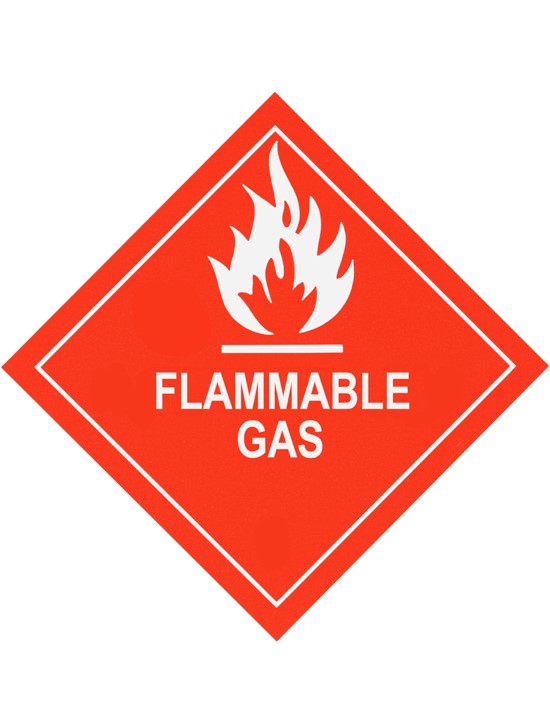 |
Ozone Act review - a business bonus |
||||

|
Businesses and individuals holding licences through the Australian Refrigeration Council (ARC) will save money and time through the outcomes of the Australian Government's review of the Ozone Protection and Synthetic Greenhouse Gas Management Programme. Along with a statutory phase-down of Hydrofluorocarbon (HFC) imports, some of the key outcomes of the review relate specifically to the licensing regulations around refrigerants. |
|||
|
|
||||
Certificate II Split Systems: a case study |
||||

|
The UEE20111 Certificate II in Split Air-conditioning and Heat Pump Systems is one pathway to achieving the ARCTick Restricted heat pump, split systems - installation and decommissioning licence. Typically, to complete the UEE20111 course would take approximately one year part-time off the job training with a registered training organisation (equating to a nominal duration of 360 hours), in addition to one year of relevant full time on the job training with an employer. The Ozone Protection and Synthetic Greenhouse Gas Management Regulations 1995 outline which qualifications (national quality council endorsed) are aligned to each licence. |
|||
|
|
||||
Refrigerant flammability classification review |
||||

|
The ARC represents licence holders on a number of committees and groups who look at ways to improve safety, good practice, ease of use and cost efficiencies for technicians.
We are currently assisting the Australian Standards refrigerant flammability classification review and have provided an outline of its progress. The current AS/NZS 1667.1: 1988 Refrigeration systems Part 1: Refrigerant Classification,
covers the refrigerant classification according to its physical properties. |
|||
|
|
||||
Seminars to help auto industry prepare for R1234yf and R744 |
||||

|
VASA, Refrigerants Australia, Refrigerant Reclaim Australia and the ARC have partnered to deliver a national roadshow of educational seminars called future:gas. These seminars are being designed to help businesses and technicians in the automotive air-conditioning industry prepare for two new refrigerants, R1234yf and R744 (carbon dioxide) that have been adopted by the global vehicle manufacturers. Due to the A2L (mildly flammable) rating of R1234yf and the high operating pressures of R744, both new gases and the systems designed for them will present significant changes to the tools, working practices, component standards and safety considerations relating to repair, service and refrigerant recovery. | |||
|
|
||||
Australia 'top of the world' in refrigerant management |
||||

|
It's official - ARC are 'best in the world' - or so says a recent US report into regulations and licensing of environmentally damaging refrigerants. Released in 2016, the report by US Air Conditioning, Heating and Refrigeration Institute (AHRI) has Australia as a global leader in areas such as effectiveness, cost/burden on industry, stakeholder engagement and level of success. This was in comparison to Canada, California, Japan, the UK and the United States, as well as China, Brazil and the European Union. And in terms of results, the numbers speak for themselves. | |||
MORE NEWS |
||||
Training courses in regulators' sights » read more
Technical and training quality boost for ARC » read more
What work can a 'Split System' licence holder do? » read more
Innovations in refrigerant leak detection - saving money and the environment » read more
ARC Industry working groups - Call for Participants » read more
Meet the refrigeration and air conditioning industry board » read more
|
||||
Website: www.arctick.org | ARC Hotline: 1300 88 44 83 |
||||
|
© 2016 Australian Refrigeration Council | All Rights Reserved. Locked Bag 3033, Box Hill, Vic, 3128 | Phone: 1300 88 44 83 | enquire@arctick.org Click here to un-subscribe from our mailing list. |
 |
|||